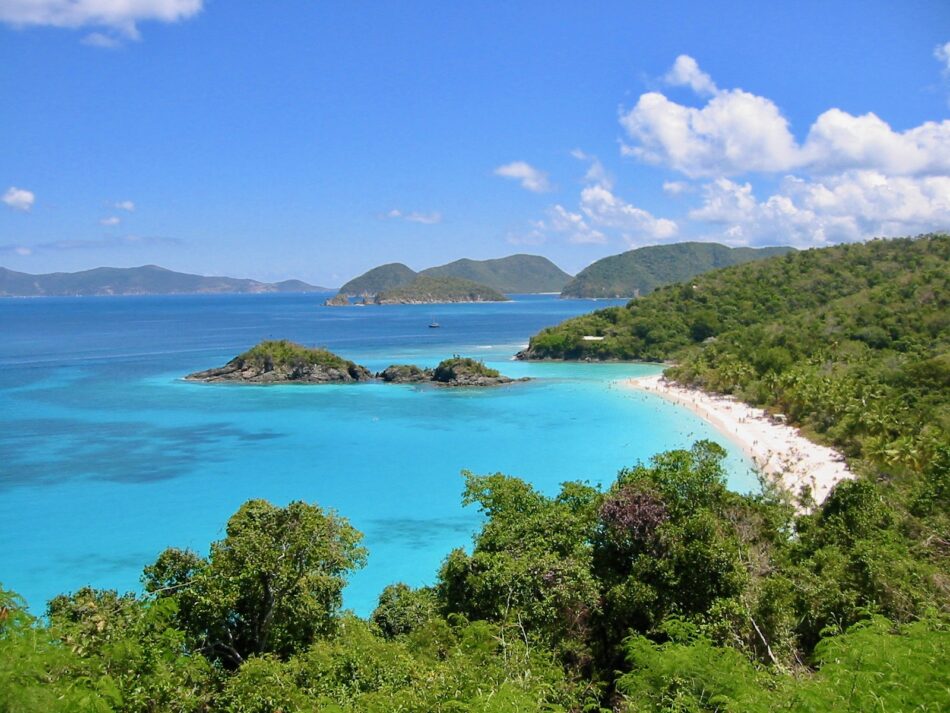PARIS (AN) — French President Emmanuel Macron and leaders of the United Nations and World Bank hosted a virtual summit on Monday dedicated to improving the health of the planet and saving its biological resources from harmful impacts by people and climate change.
The One Planet Summit highlighted initiatives and commitments from donors to put more climate finance into protecting and restoring nature, such as the High Ambition Coalition for Nature and People, launched by Britain, Costa Rica and France in 2019. It seeks to protect nearly a third of the planet's land and oceans by 2030, as part of an attempt to reverse dramatic losses in biodiversity — the variety of life in all forms. Only about 15% of land and 7% of oceans are protected now.







